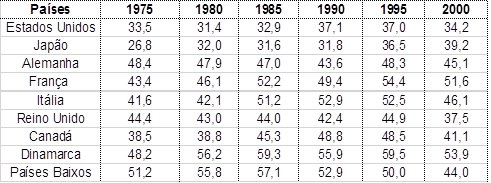This article aims to discuss the State's role, in the sphere of capitalist economy, by means of the chapter addressing this theme, from the book Labor and monopoly capital, by Harry Braverman. First, the text analyzes and updates the four angles or dimensions pointed out by Braverman, regarding the State's role: consumption, internationalization of capital, social security, and provision of basic services. Subsequently, it identifies other dimensions that were not highlighted by the American theorist and, then, advances towards contemporaneity, raising three new functions that emerged from the general crisis of the 1970s and 1980s and from the crisis that began in 2008. The study is conducted through bibliographic research and referral to technical documents, in addition to journals. The conclusion is that the State's role in face of the contemporary capitalism rose to a degree where the boundaries between public and private have been disappearing under a new State's nature. This new nature, marked by close ties between governments and companies, includes abandoning the distinction between public and private value, it drives the transformation of all values on commodity and makes obsolete the debate about intervention and the State's size.
State; Monopoly Capital; Public Administration.

 Thumbnail
Thumbnail

